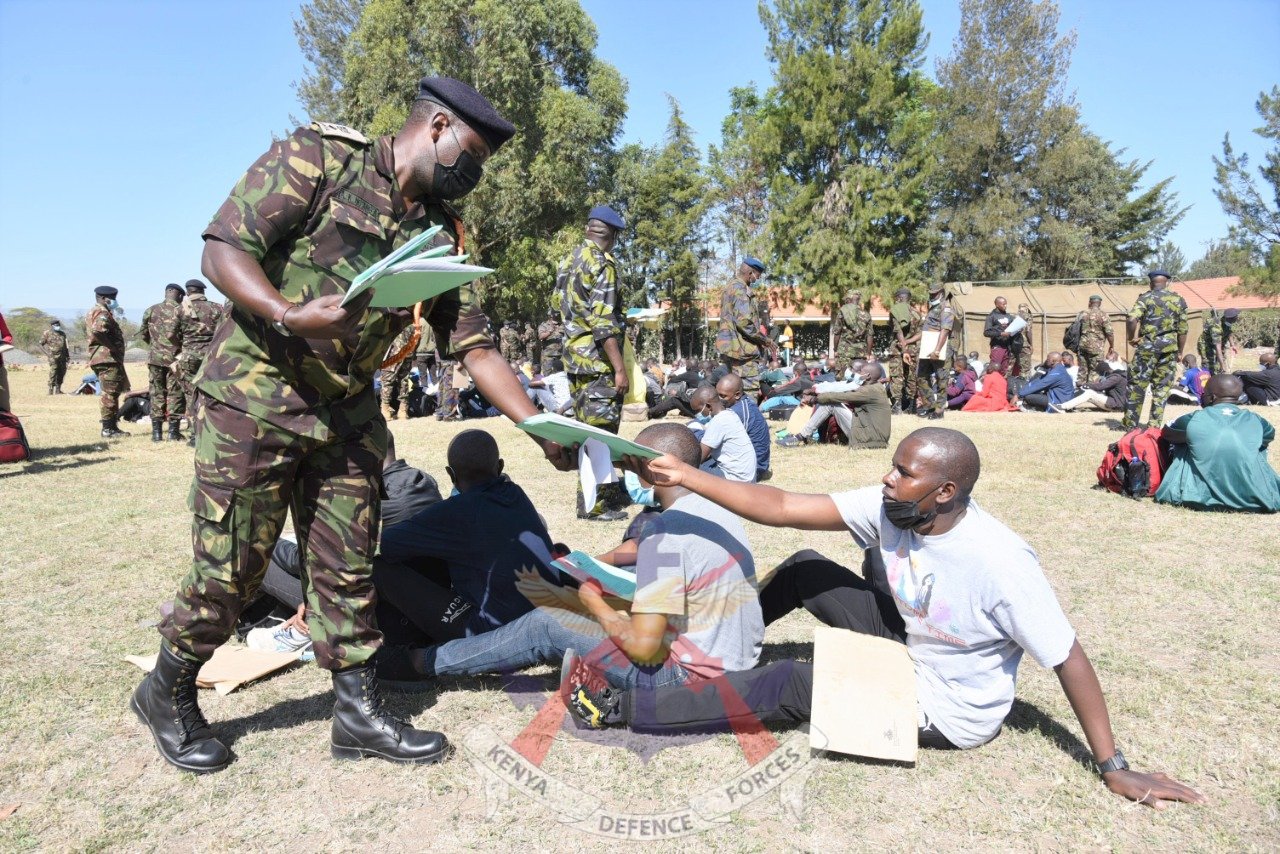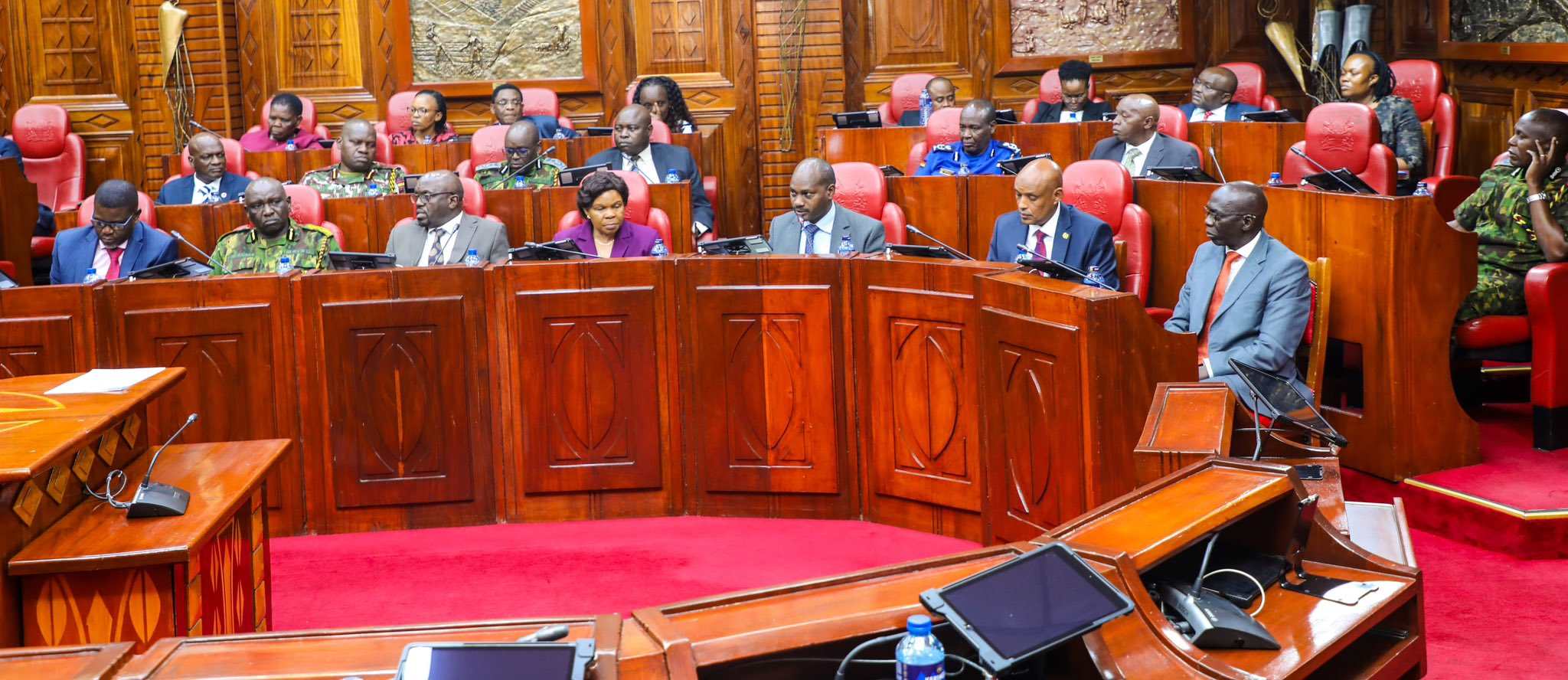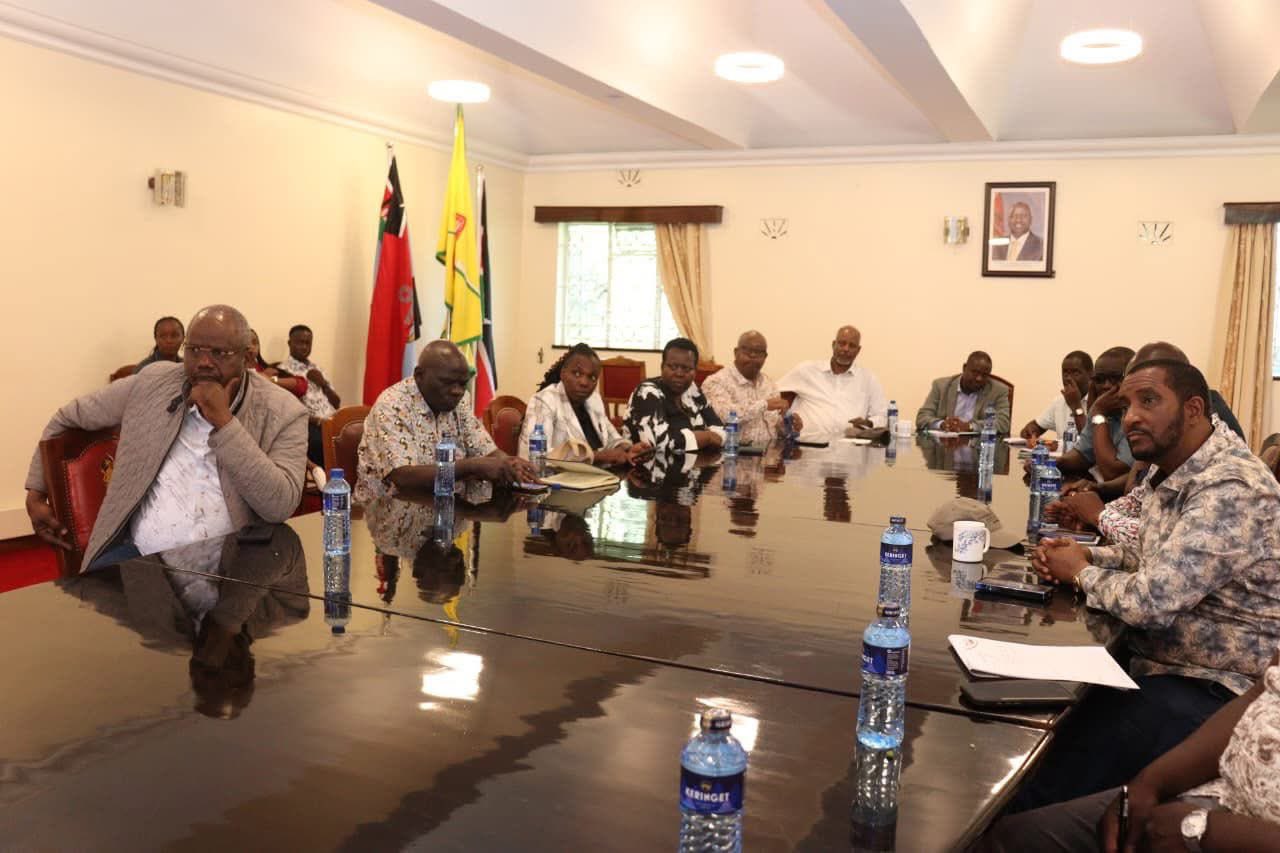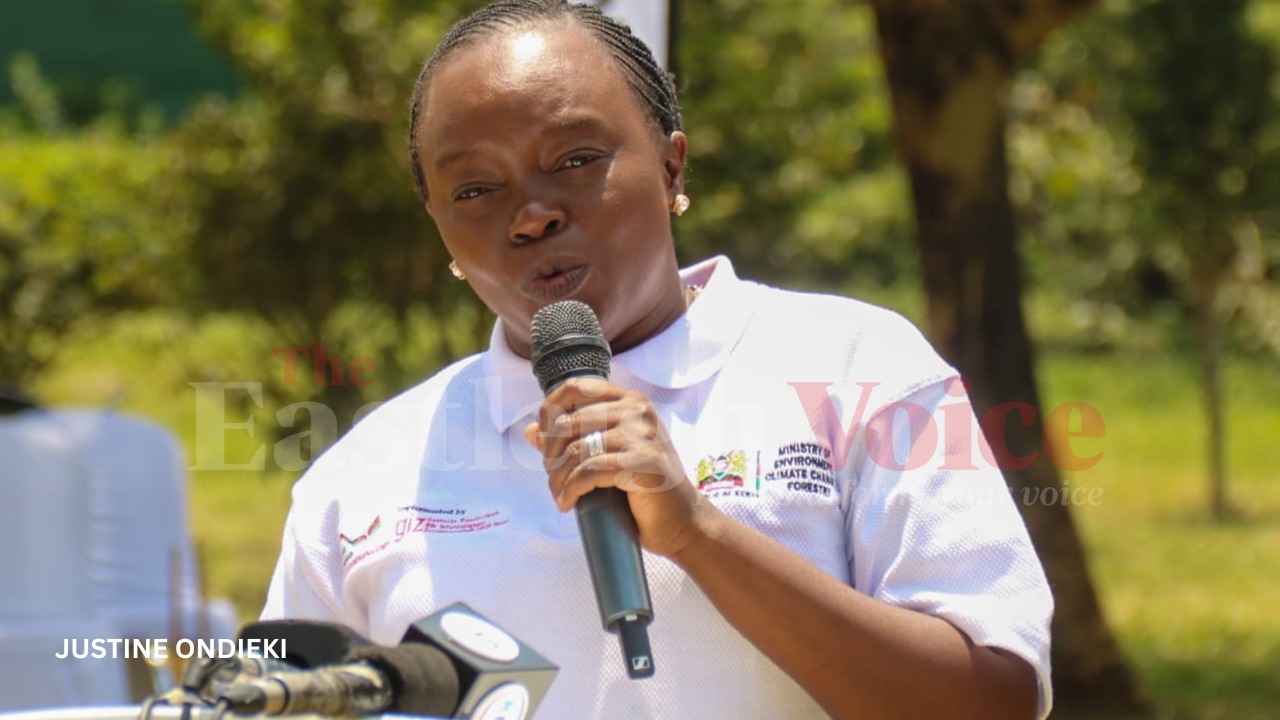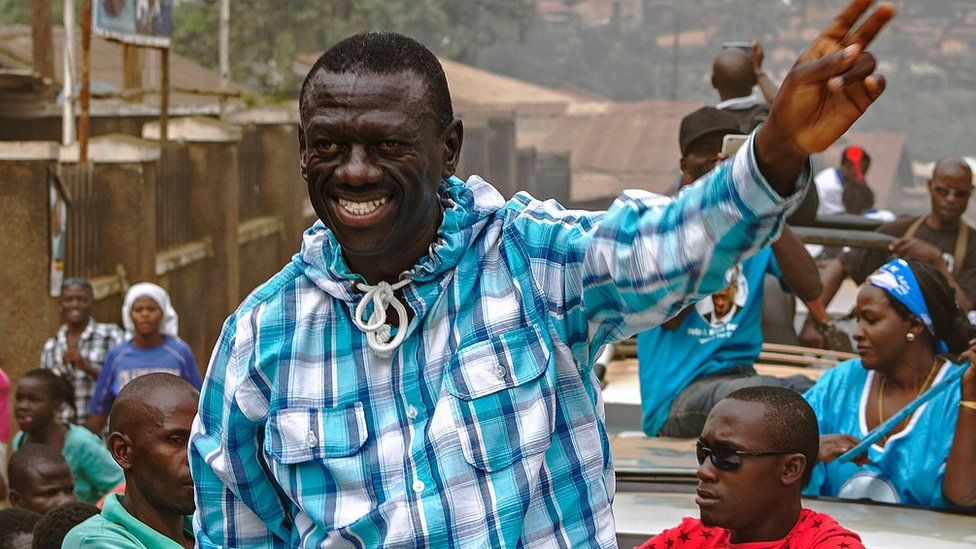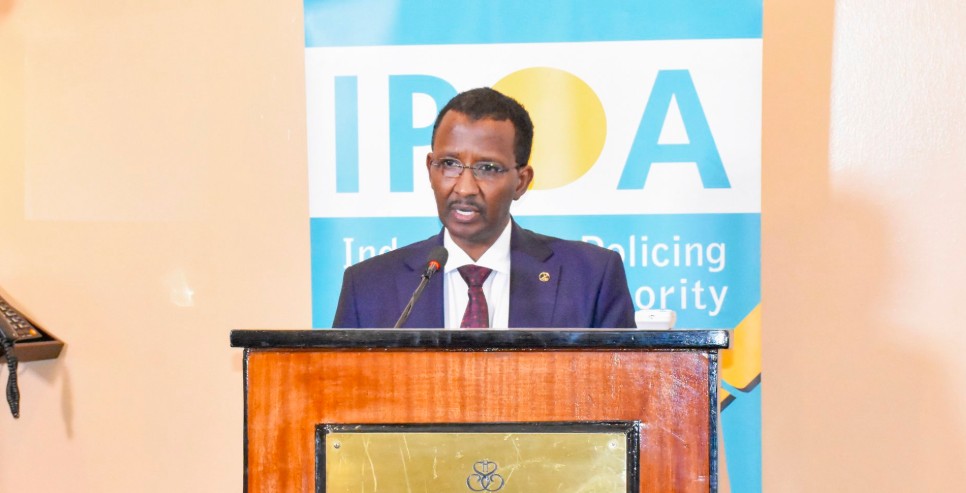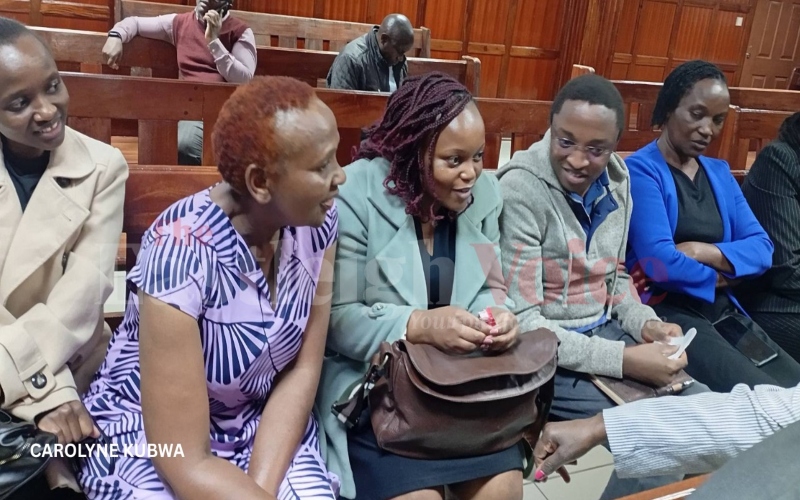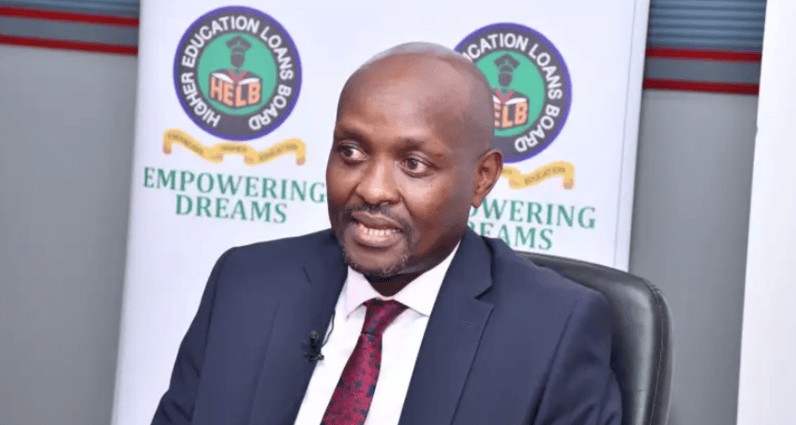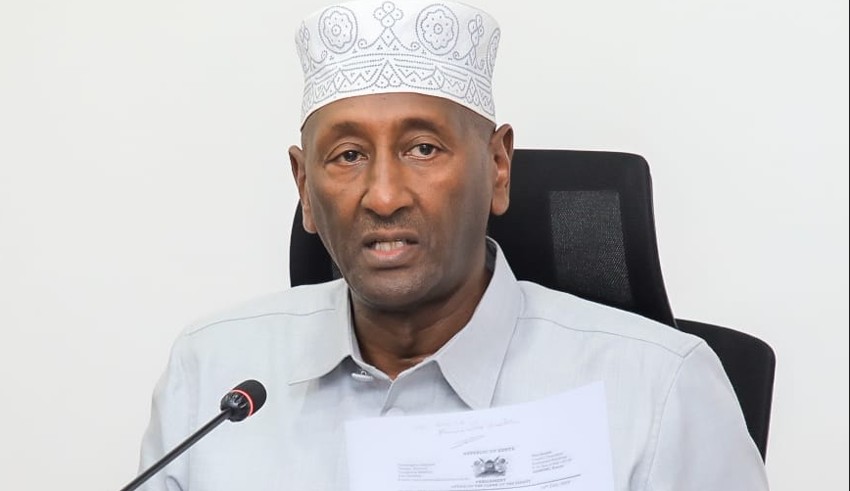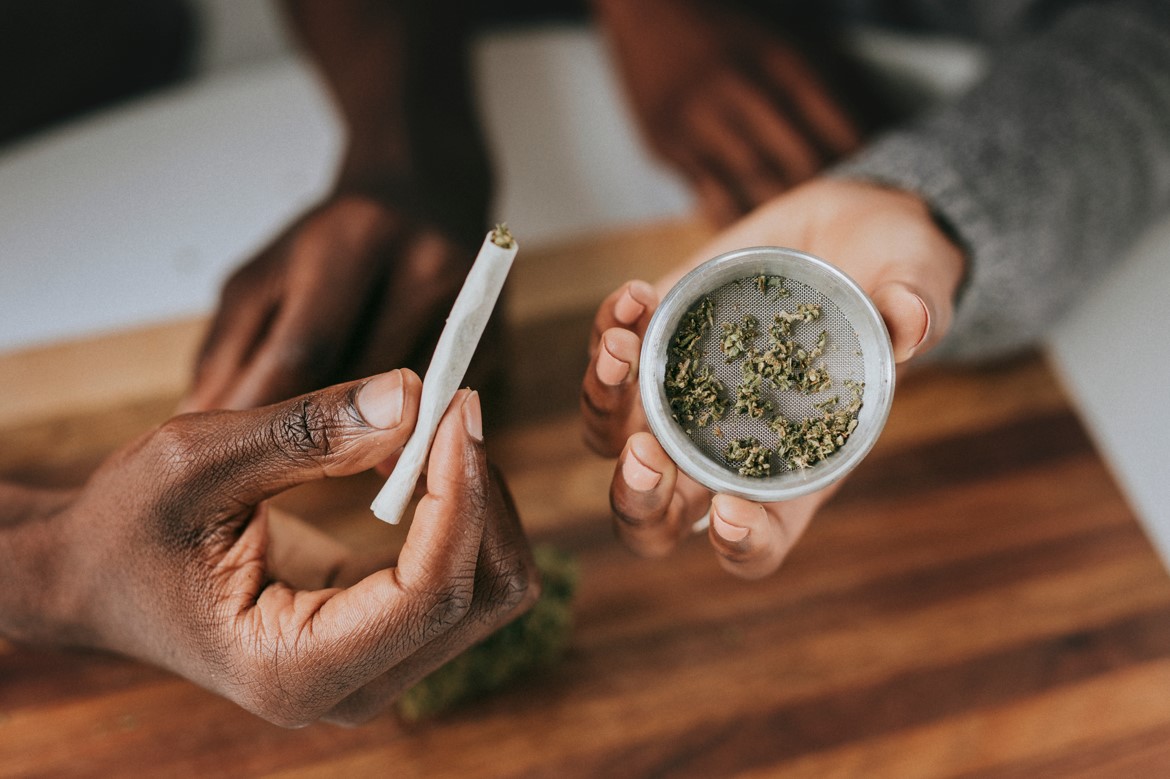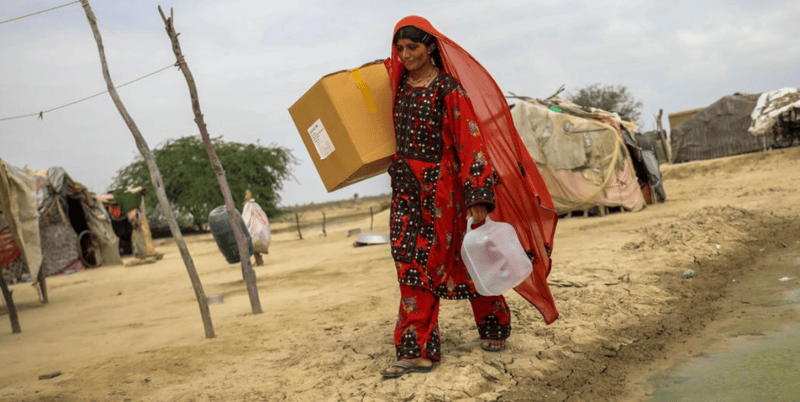Crime journalists condemn harassment by 'overzealous' police officers
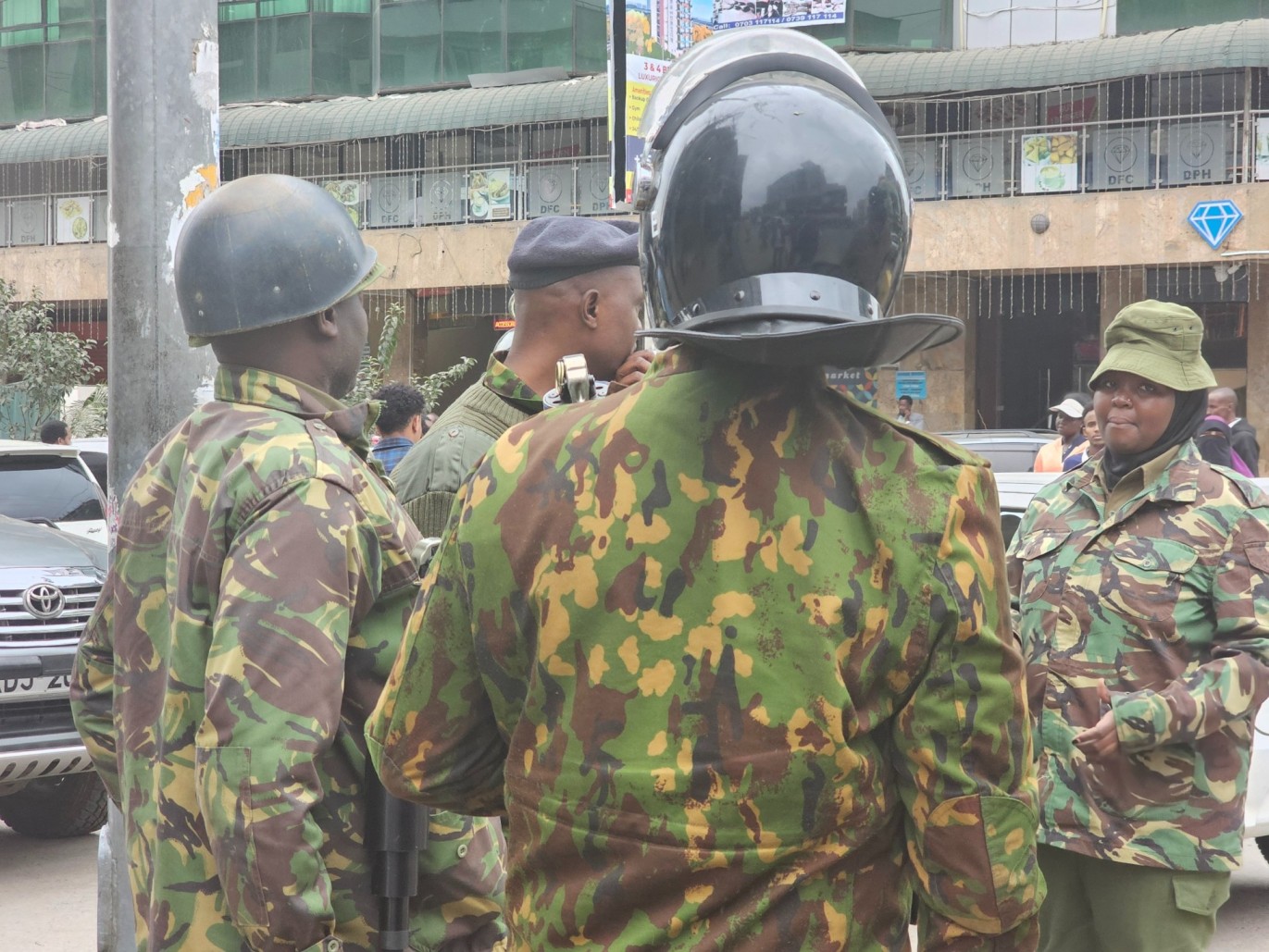
The association acknowledged the apology later issued by Inspector General of Police Douglas Kanja over the incident but took issue with assertions by DCI Director Mohamed Amin that the incident was "an isolated case."
The Crime Journalists Association of Kenya (CJAK) has strongly condemned what it describes as an escalation in harassment, threats, and violence against journalists by police officers across the country.
This follows an incident on Thursday morning outside the Directorate of Criminal Investigations (DCI) gate on Kiambu Road, where a plainclothes detective was captured on camera harassing a female journalist and threatening to destroy her equipment as she covered the summoning of Kiambu Senator Karungo Thang’wa over recent chaos in Limuru.
More To Read
- Global press freedom suffers sharpest decline in 50 years, report finds
- Fear and mistrust keep police abuse victims silent, report finds
- Police service to hire 10,000 constables under new recruitment rules, IG Kanja welcomes move
- National Assembly summons Police IG Douglas Kanja over delayed reforms, payroll issues
- KHRC raises alarm over police surveillance of Human Rights Watch official
- Albert Ojwang’s killing: IPOA Chairperson Issack Hassan apologises for joint presser with police
Also targeted was TV47 journalist William Moige, whose phone was confiscated by officers who demanded that he delete footage he had captured.
"Kenyan journalists were at the DCI headquarters to cover the questioning of Senator Thang’wa, who had been summoned over disturbances at an event in Limuru. What was meant to be a peaceful exercise turned hostile when plainclothes police officers attacked members of the press," CJAK said in a statement signed by Secretary General Brian Obuya.
"Citizen TV’s videographer and features reporter Agnes Oloo was physically wrestled by a police officer who was heard threatening to destroy her camera, citing absurd claims of being filmed without consent. TV47 journalist William Moige was also harassed, his phone confiscated, and police demanded he delete the footage," he added.
The association acknowledged the apology later issued by Inspector General of Police Douglas Kanja over the incident but took issue with assertions by DCI Director Mohamed Amin that the incident was "an isolated case."
"The incident is neither isolated nor unprecedented. Instead, it is part of a deliberate and systematic pattern of harassment, intimidation, and impunity targeting journalists, which has escalated over the past two years," CJAK added.
You may harass us, the people's representatives, as much as you want, but do not harass the media or reporters. Media freedom must be protected at all costs. Poleni sana @citizentvkenya
— Sen. Karungo wa Thang'wa (@KarungoThangwa) December 5, 2024
Meanwhile, We have been in a boardroom at DCI HQ on Kiambu Road since 08:00 hours. We chose… pic.twitter.com/yPDA4HMbif
The harassment of journalists has been highlighted in several human rights reports published both locally and internationally this year.
Many of these incidents occurred during recent anti-Finance Bill protests, where journalists documented by the Kenya National Commission on Human Rights (KNCHR) were harassed by police while performing their duties.
Notable cases include K24 journalist Catherine Wanjeri Kariuki, who was shot four times by police officers while covering protests in Nakuru, and CNN journalist Larry Madowo, who, along with his crew, was attacked by officers responding to demonstrations.
In a separate incident earlier this week, Nation journalist Hilary Kimuyu, a CJAK member, was summoned by a detective and threatened with criminal charges unless he revealed the source of a story he was investigating.
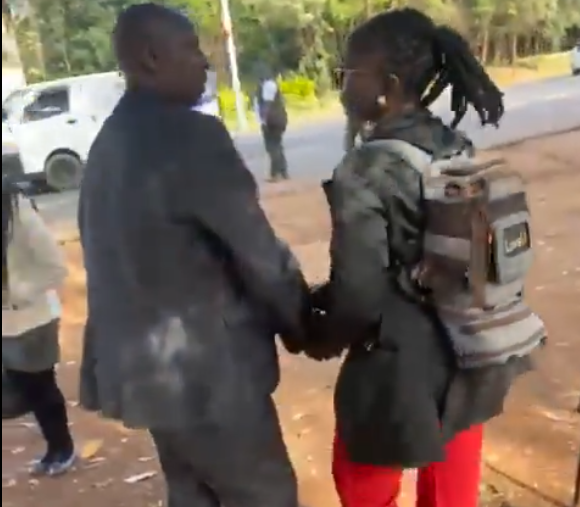 Citizen TV’s videographer and features reporter Agnes Oloo was physically wrestled by a police officer. (Screengrab)
Citizen TV’s videographer and features reporter Agnes Oloo was physically wrestled by a police officer. (Screengrab)
"Journalists are constitutionally protected from revealing their sources, a cornerstone of investigative reporting. The confiscation of Kimuyu's phone under the guise of 'further investigations' is not only a violation of his rights but also an attack on press freedom," CJAK stated.
The association expressed concern over the troubling trend of some officers acting unlawfully and demanded immediate action against all officers involved in attacks on journalists, emphasising that verbal apologies are insufficient.
CJAK also called for the immediate return of confiscated equipment, including cameras and phones.
Top Stories Today
